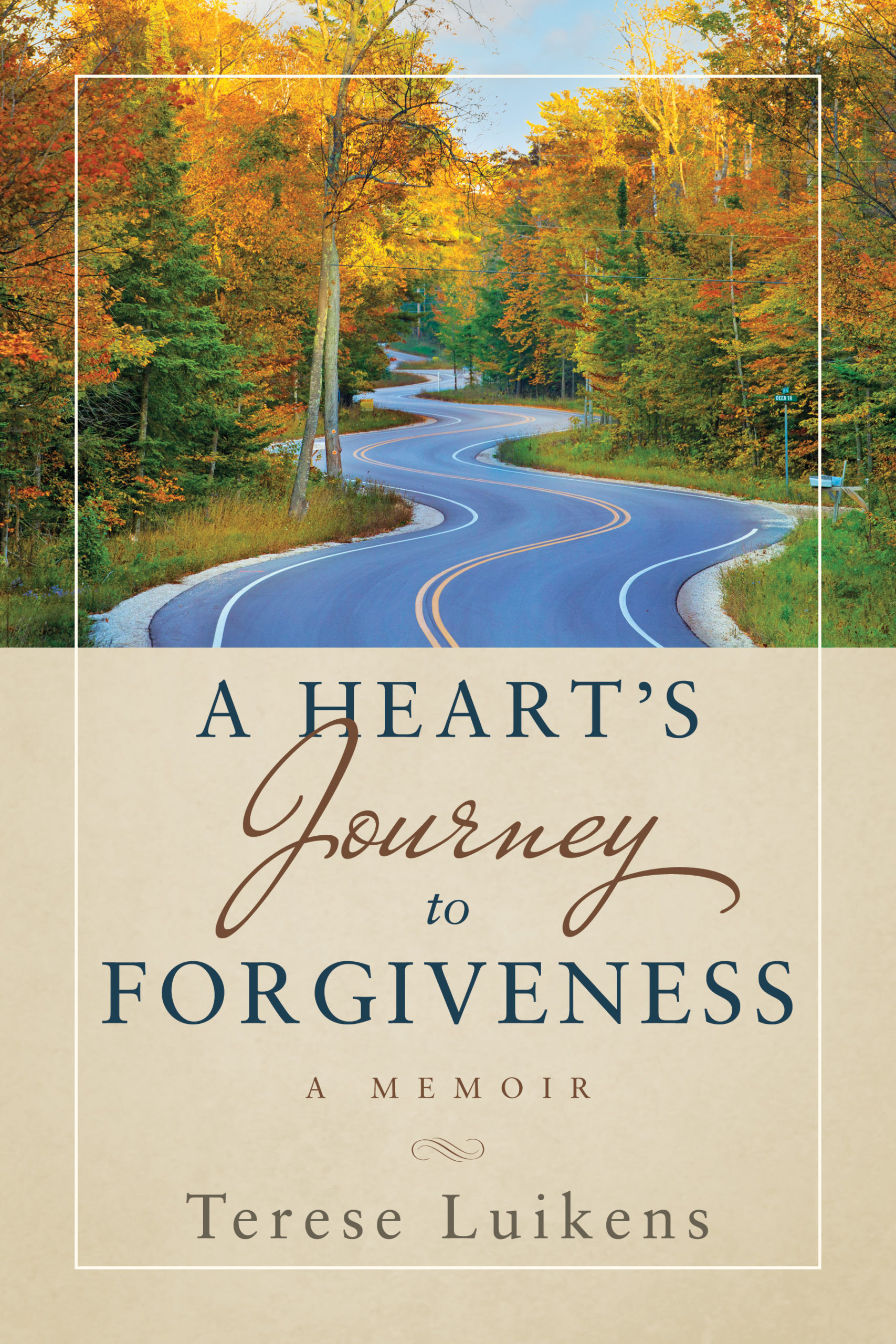
Why Bother Having a Good Cry?

Why Bother Having A Good Cry?
Tears are unique to humans. Though animals may look sad, they do not cry. Not only are tears exclusive to human beings, our tears also work on our behalf. They clean and moisten our eyes and if we allow them to flow, they also act as a release valve to the overflow of emotions.
Though it has been said that real men don’t cry, I believe they do. My dad cried when our dog, Bubbles, died. Tears flowed down his cheeks while at the same time he stroked the motionless body of our dog. I was more shocked by the accident that took the life right out of our pet, and by the sight of my dad in tears. I was unsure and flustered. But, crying was not my first response.
For some, tears come easy. For others, like me, it takes a little convincing.
Connecting to our Pain
Someone once asked me if I remember my first injury. I told how one of my fingers got caught in the hinge of a church door. I was in second grade and practicing with my classmates for our First Communion. I remember feeling the pain running up my arm and the fear which ran through my brain. But I stopped myself from crying out. If I made too much noise, I would get in trouble. No one ever screamed while in church. So, I swallowed the noise I wanted to make and instead, stepped quietly out of line and showed the nearest nun my bent and bloody finger. She ushered me over to the school office. My grandparents came and took me to the emergency room where a soft spoken doctor bandaged my wound. I was the quietest little girl he’d ever worked on, and I took that as a compliment.
Stifling my tears while in pain was never something my parents taught us we had to do, but I was smart enough to notice what happened when any of my siblings cried in the presence of other siblings—they were called a pannie waste. That was all the motivation I needed to stay dried eyed no matter what.
Tagging along with one of my brothers and his buddies further taught me to keep a stiff upper lip. Whether getting the wind blown out of me while playing football, falling off my bicycle during a race, or facing off with someone, tears were unacceptable in that crowd.
But, the older I got, the larger the wounds—Grieving the loss of a child, and wayward son were much more painful than a dead pet or a smashed finger. When my insides told me I needed a good cry, I finally began to listen.
Now I know that when I connect with the sad emotions collected from emotional injuries I may need a good cry. Allowing ourselves to weep, we gain relief. Tears detoxify, and may help us recover quicker than if we deny and repress the obvious hurt we feel on our insides.
Why bother having a good cry? It might be worth it to tell ourselves that it is okay to have a good cry. It might just be all we need to become emotionally composed once again.
New Release
